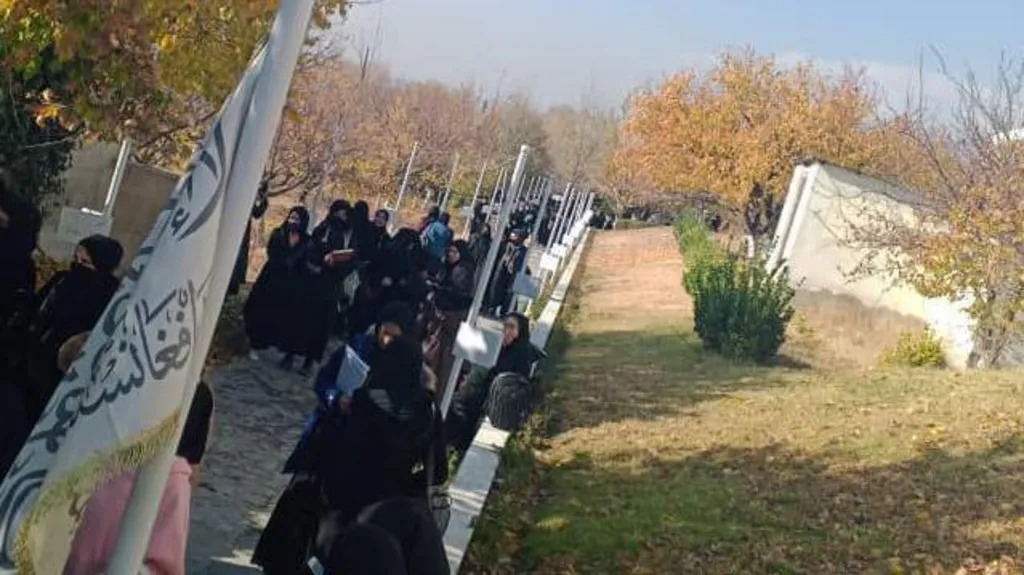
Afghan Women Banned from Midwife Courses Amid Escalating Restrictions
In a move that further curtails women’s rights, the Taliban have reportedly banned Afghan women from attending midwife and nursing courses. This effectively blocks their last remaining pathway to formal education in Afghanistan.
Several institutions across the country confirmed receiving orders to close their doors to female students. Videos circulating online capture the emotional fallout, with trainees weeping and expressing fears about their future.
The BBC, while unable to confirm this ban with the Taliban’s health ministry officially, reports it aligns with the group’s ongoing restrictions on female education, which have barred teenage girls from secondary and higher education since 2021.
The Last Avenue for Education Closed
Midwifery and nursing were among the few professions still accessible to women under the Taliban’s regime. These roles are critical, given restrictions that prevent male medics from treating female patients without a male guardian present.
Until recently, midwifery programs offered hope. Safia, a trainee, shared her pride:
“My family feels so proud of me. I have left my children at home to come here, but they know I’m serving the country.”
Now, an estimated 17,000 women enrolled in these courses face an uncertain future. Videos show women quietly protesting, singing as they leave classrooms. Many describe feelings of fear and despair.
External Link: For global coverage, visit BBC.
Internal Link: Explore the broader impact on Afghan women’s rights at Kenkou Land.
Implications for Healthcare in Afghanistan
The ban’s impact extends beyond education. Afghanistan already faces a healthcare crisis, with a severe shortage of midwives. According to the World Health Organization (WHO), Afghanistan has one of the worst maternal mortality rates globally, with 620 deaths per 100,000 live births.
The United Nations estimated last year that the country needs an additional 18,000 midwives to meet healthcare demands. With women now barred from training, this gap is expected to widen, putting countless lives at risk.
The Global Call to Action
The Taliban’s actions have drawn widespread condemnation. Women’s healthcare and education are critical not only for individual rights but also for the well-being of Afghan society. International bodies must urgently address these growing restrictions.





